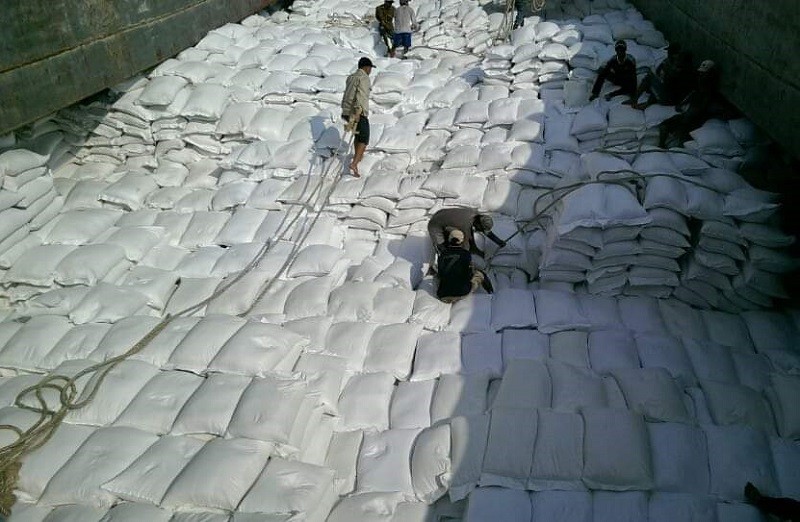As governments in ASEAN finalise their 2023 budgets, HSBC takes stock of their different fiscal strategies.
While some subsidies will likely be tapered, they remain at a high level, resulting in modestly smaller fiscal deficits in 2023.
As ASEAN moves towards fiscal consolidation in 2023, the pace will be slower in Malaysia, Thailand and the Philippines.
It’s budget season
After two years of sizeable fiscal support, deficits are expected to remain high in 2022. In ASEAN, a large part is due to still elevated relief measures aimed at alleviating the impact of rising inflation. Malaysia and Indonesia are two notable examples with record levels of subsidies, partly thanks to their “windfall” revenue from strong commodities prices. Going into 2023, the region appears to be finally reverting to a path of fiscal consolidation, but the pace will likely vary. Singapore, Indonesia and Vietnam will likely lead the way, given plans and/or government intentions to move their deficits closer to pre-pandemic levels. However, Malaysia, Thailand and the Philippines will likely maintain large fiscal deficits, which will take longer to consolidate.
Fiscal withdrawal?
Singapore was again an early mover as it started to withdraw its generous support as early as FY2022; some short-term assistance is still being provided, with the focus on supporting vulnerable households and SMEs. The fiscal outlooks for Malaysia and Indonesia have diverged – Malaysia is maintaining a high level of subsidies for 2023, while Indonesia is aiming to move back to its 3% fiscal deficit rule. Meanwhile, many economies are also seeking to return to the old playbook of reviving infrastructure development after years of pandemic-induced project delays.
Don’t forget revenue
HSBC doesn't think the various current macro uncertainties will put too much strain on the ability of ASEAN economies to generate revenue. The revenue bases of the Philippines and Singapore, for instance, remain strong. The Philippines can build on recent landmark tax reforms, while Singapore’s tax base will likely be strengthened further after the Goods and Services Tax (GST) hike next year. That said, Malaysia and Indonesia face the challenge of falling tax revenues, which are currently being boosted by “windfall” gains from high global energy prices. However, risks remain as these are one-off gains and global prices are already moderating, stretching their revenue base.
Fiscal tapering?
After the record stimulus packages of the past two years, ASEAN policymakers appear reticent to withdraw policy support too quickly to avoid derailing the nascent recovery. Given a high-inflation environment, many have announced additional subsidies in 2022 to help cushion the impact of high fuel and food prices. In particular, Malaysia and Indonesia, the region’s main energy exporters, are well placed to tap into energy-related “windfall” revenue as a source of funding. Looking at 2023 budgets, the region will likely move back to a path of fiscal consolidation, albeit at different speeds. Singapore, Indonesia and Vietnam will likely lead the region with their plans/intentions to move closer to pre-pandemic deficits as a percentage of GDP, but Malaysia, the Philippines and Thailand will likely move at a slower pace.
Once again, Singapore is leading ASEAN with its credible fiscal consolidation plans. Although its FY2023 budget will only be announced in early 2023 and take effect from April 2023, the move to returning to fiscal prudence started in FY2022. Indeed, after delivering strong support during the pandemic, Singapore significantly reduced its fiscal deficit from SGD51.6bn (10.8% of GDP) in FY2020 to SGD3bn (0.5% of GDP) in FY2022. A large part of the improvement was due to the sharp withdrawal of pandemic-related support.
Granted, Singapore has maintained some support measures to help vulnerable sectors and households this year. They include a Jobs and Business Support Package worth SGD500m to strengthen its labour market and ease business cash flow needs. Meanwhile, households have also enjoyed some extended short-term assistance in the form of various vouchers, worth SGD560m, to help lower their cost of living pressure. However, the magnitude of the fiscal support was only a tiny fraction of the record-high cSGD100bn in FY2020 and FY2021 combined.
As inflation pressures intensified in mid-2022, the government swiftly announced a second support package worth SGD1.5bn (0.3% of GDP). That said, the message was clear: the additional support was to provide immediate relief for targeted low-income households and SMEs. Most importantly, the funding came from the stronger-than-expected FY2021 outturn and, as such, had no impact on the budgeted deficit.
Indonesia and Malaysia are in a similar camp, but their fiscal outlooks are increasingly diverging. In 2022, both economies provided additional subsidies, mostly fuel subsidies and some on food relief and direct cash assistance in Malaysia. In Indonesia, half of the revenue “bounty” was used for higher energy subsidies and the other half for fiscal consolidation, likely leading to a smaller-than-expected fiscal deficit of 3.9% of GDP in 2022.After presenting the 2023 budget on 16 August, the government expects the fiscal deficit to fall to 2.9% of GDP, implying a reinstatement of the 3% fiscal rule after a three-year break. That said, fiscal consolidation will mainly come from cutting compensation to the energy SOEs, Pertamina and PLN, by around 1% of GDP. The energy subsidy outlays are not expected to be cut, remaining at around 1% of GDP in 2023. The authorities have realised that the fiscal cost of the subsidies are becoming untenable and raised certain fuel prices by c30% in early September, aiming to lower the record energy subsidy bill.



